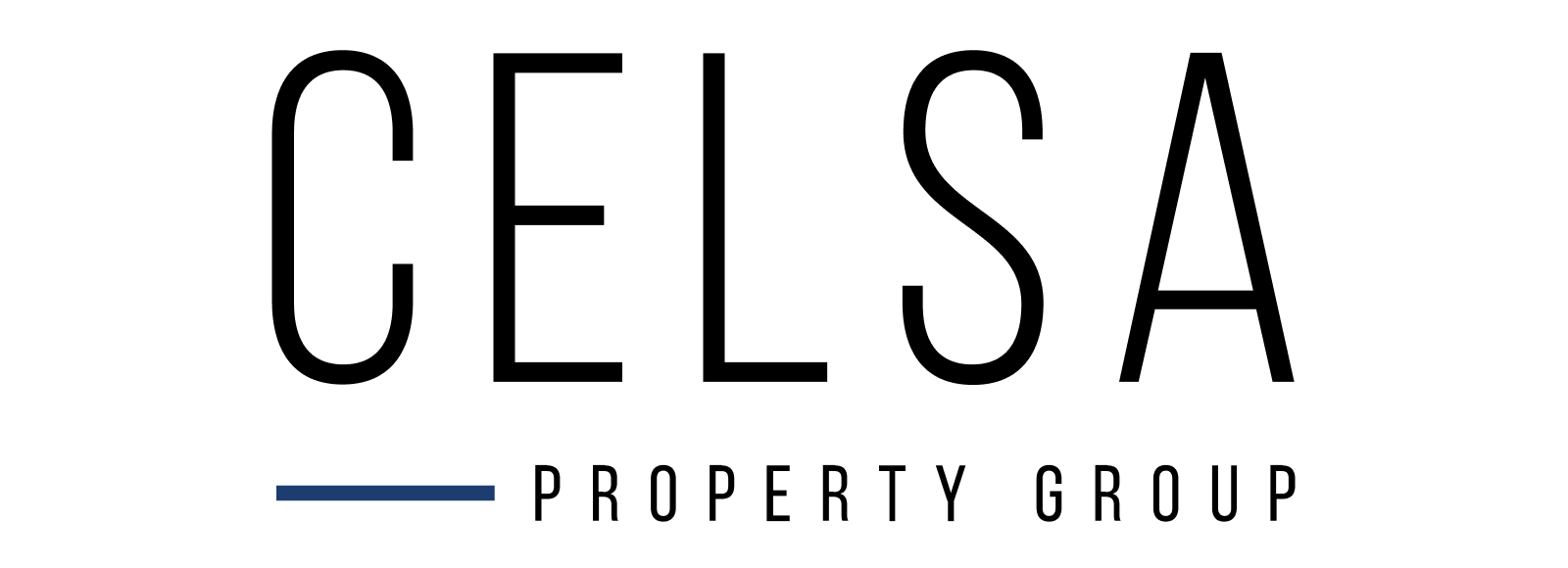Important Tax Considerations for Property Sellers in South Africa
Important Tax Considerations for Property Sellers in South Africa
Selling your home is a big step, whether it's your very first property or part of a growing portfolio. And since we’re right in the middle of tax season in South Africa, it’s the perfect time to understand what taxes might come into play when you sell. At Celsa Property Group, we’re all about clarity, communication, and giving you the tools to make informed decisions. So let’s break it down together.
Here are the key tax points every South African property seller should know, whether you’re a seasoned investor or brand new to the process:
1. Capital Gains Tax (CGT)
Capital Gains Tax is probably the most well-known tax when it comes to selling property. Simply put, if you sell your property for more than what you paid for it (after deducting certain costs), SARS may expect a share of that profit.
What this means for you:
- If the home you’re selling is your primary residence, the first R2 million of your profit (capital gain) is tax-free.
- However, if the property was rented out for a portion of the time or used for business, the exemption may be reduced.
Smart move: Keep all your records — from your original purchase documents to invoices for renovations and even the agent’s commission. These can help reduce your taxable gain.
When is CGT paid?
- CGT is declared in your annual SARS tax return for the year in which the sale takes place.
- The tax isn’t automatically deducted at transfer, so make sure you set aside the funds until it’s due.
2. Transfer Duty vs VAT
This one mainly affects how the transaction is taxed, and while it’s usually the buyer’s concern, sellers should be in the loop too.
Here’s the key difference:
- If you’re not a VAT-registered entity, the buyer will pay transfer duty (based on a sliding scale).
- But if you are VAT-registered and selling a property that forms part of a VAT-able enterprise (like a rental business), the sale might attract VAT instead.
Heads-up: If VAT applies, it needs to be included in the sale price and handled properly to avoid issues down the line.
3. Income Tax vs Capital Gains
Not all property profits are treated the same. Sometimes, SARS sees a profit as regular income rather than a capital gain.
How do they decide?
- If you bought the property with the intention to hold it long-term, it’s usually treated as a capital asset, and CGT applies.
- If buying and selling properties is something you do often (like a property flipper or developer), SARS may classify it as income, which is taxed at a higher rate.
Best bet: If you’re unsure how your sale will be viewed, speak to a tax advisor who understands property.
4. Non-Resident Sellers
If you don’t live in South Africa permanently (or are classified as a non-resident for tax purposes), there’s one more thing to know.
Here’s what happens:
- If the sale price is over R2 million, the buyer might be legally required to withhold a portion (often around 7.5%–10%) and pay it to SARS directly.
Why? This is a form of security for SARS to ensure taxes are settled before funds leave the country.
Pro tip: Work with a local agent and tax consultant early to streamline the process.
5. Selling Through a Trust or Company
If the property is registered under a company, close corporation, or trust, tax treatment differs.
Here’s what to consider:
- Legal entities do not qualify for the R2 million CGT primary residence exclusion.
- Companies are taxed at a flat corporate rate (currently 27%), while trusts may be taxed up to 45% on profits unless the gain is distributed.
Quick advice: If your property is owned in a legal structure, seek professional input on how the sale will affect your business or trust returns.
6. Can You Avoid CGT by Buying Again?
Many sellers hope they can skip paying CGT if they reinvest the proceeds into another property, but unfortunately:
Reality check: South Africa does not offer rollover relief (like in the U.S.) for reinvesting in a new primary residence. Each sale is treated independently for tax purposes.
Final Thoughts
Selling a property is more than just signing on the dotted line. Understanding the tax implications upfront helps you avoid stress and unexpected costs later. At Celsa Property Group, we’re here to walk you through it all, from listing to legal to transfer.
Whether it’s your first sale or your fifteenth, we make it our mission to keep things smooth, simple, and fully compliant.
Got questions? Our team is always happy to help.

